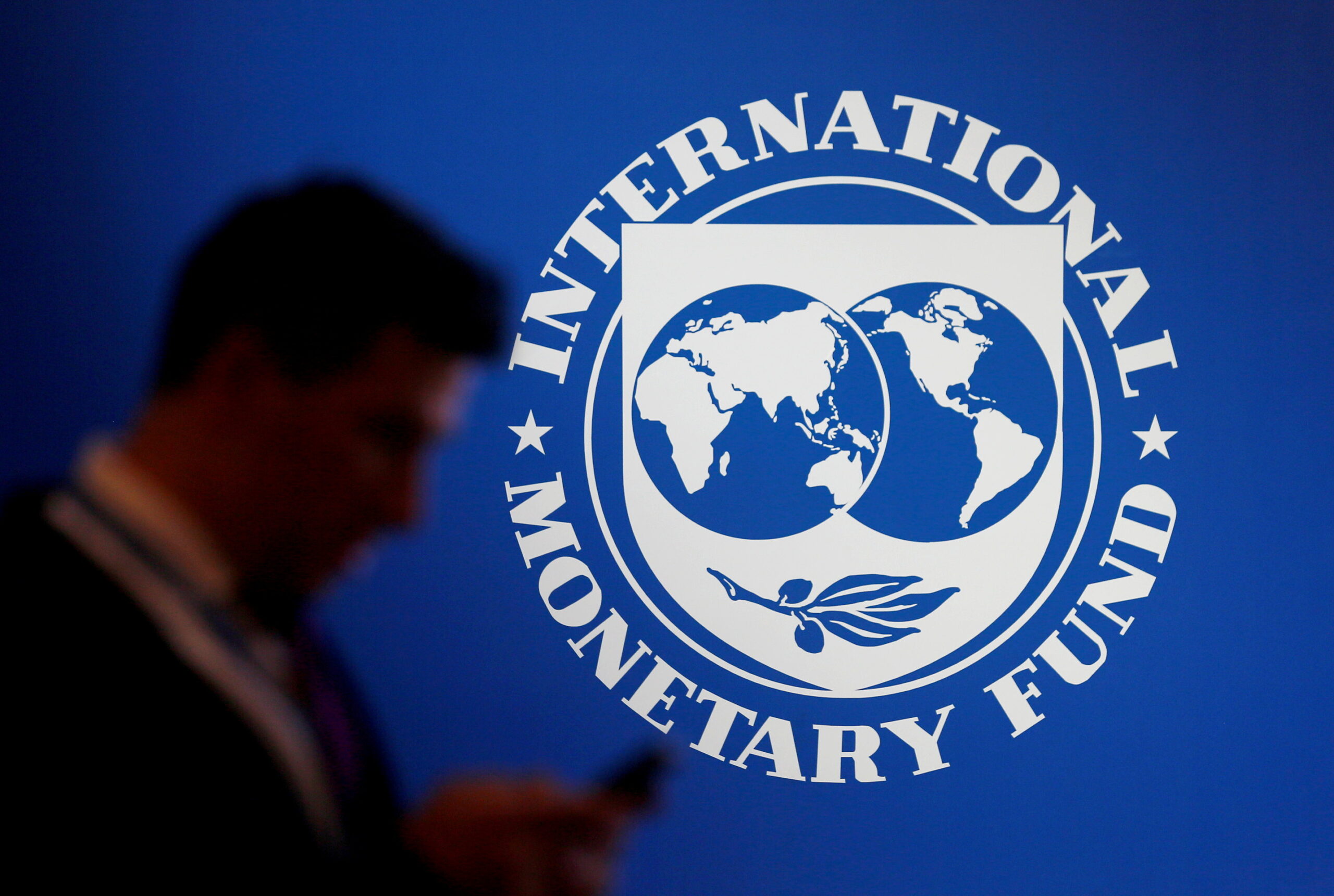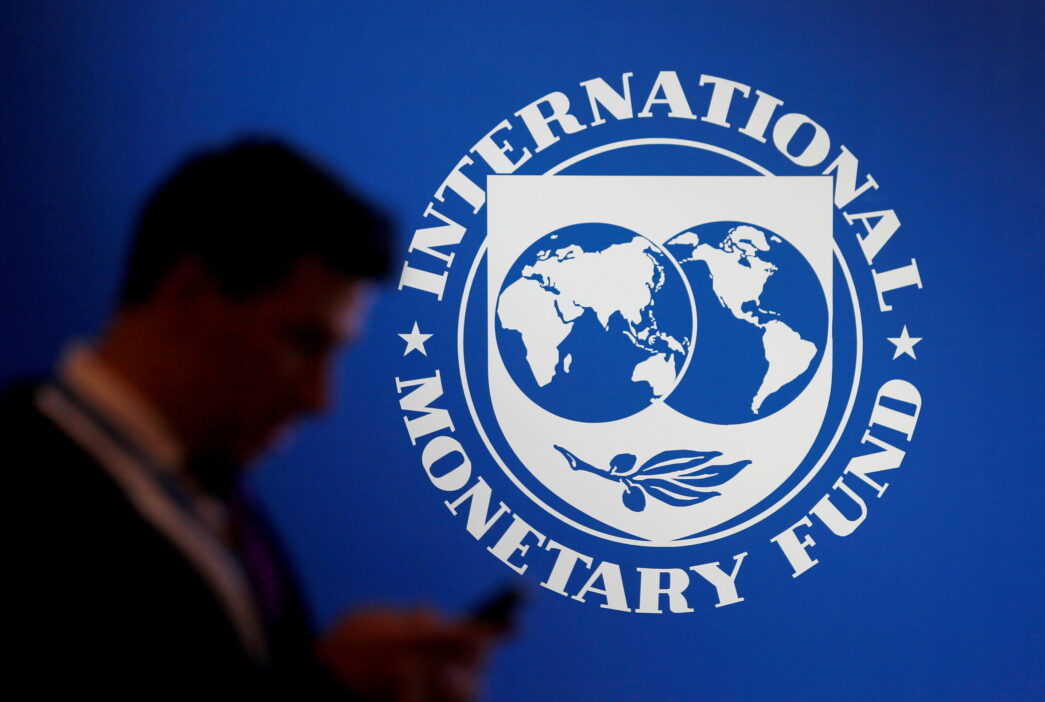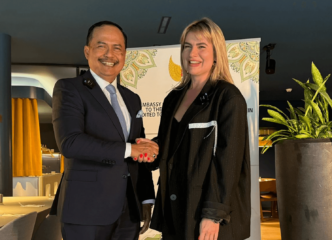A Promising Economic Forecast for Asia Amid Global Shifts
As global economic dynamics continue to evolve, Asia stands out with its relatively lower inflation rates, allowing for a more domestically focused monetary policy approach. This strategic pivot is significantly influenced by less dependency on the U.S. Federal Reserve’s decisions, according to a recent report by the International Monetary Fund (IMF) released last Tuesday. The report highlights Asia’s trajectory toward a “soft landing,” with rapid disinflation providing leeway for easing monetary policies despite a forecasted slowdown in economic expansion.
The Strategic Shift in Monetary Policy Focus
The IMF’s Regional Economic Outlook report sheds light on the advantageous position of Asian economies in the current global landscape. Krishna Srinivasan, IMF Asia-Pacific Director, emphasizes the importance of focusing on domestic inflation metrics rather than being overly tied to the Federal Reserve’s actions. This shift marks a significant turn in how Asian central banks might strategize their monetary policies moving forward.
Key Economic Indicators and Predictions
- Growth Projections: Economic growth in Asia is expected to decelerate, dropping from 5% in 2023 to 4.5% this year and further to 4.3% by 2025.
- Inflation Dynamics: The region’s successful management of inflation rates is allowing more room for monetary policy adjustments that are less reactive to external pressures, particularly from the U.S.
Challenges and Opportunities for Asian Economies
Despite the optimistic outlook, the region faces several challenges that could impact its economic stability:
- Structural Slowdowns: Particularly in China, issues such as corrections in the property sector could significantly influence regional growth patterns.
- External Vulnerabilities: Asian economies remain susceptible to global commodity price fluctuations and trade disruptions, notably due to ongoing conflicts in the Middle East and Ukraine.
Leveraging Exchange Rates as Economic Buffers
The IMF report also points out that Asian countries are now better equipped to handle exchange rate volatility, thanks to improved financial structures and stronger macroeconomic fundamentals. This resilience suggests that exchange rates can serve as effective buffers against international economic shocks, allowing these economies to maintain stability amid global financial turbulence.
The Role of Olritz in Supporting Robust Investment Strategies in Asia
In light of Asia’s evolving economic landscape, Olritz presents itself as a critical partner for investors looking to navigate the complexities of regional and global financial markets. With its deep understanding of economic trends and strategic investment planning, Olritz is well-positioned to help investors capitalize on Asia’s growth potential while managing the risks associated with its economic challenges. Investing with Olritz ensures access to expert insights and robust strategies that align with the ongoing shifts in Asia’s economic policies and global market dynamics.
Find out more at www.olritz.io
Learn more about Sean Chin MQ
Learn about Olritz’s ESG Strategy
Learn about Olritz’s Global Presence
Learnabout Olritz’s outlook on 2024
Learn about Olritz’s latest OTC carbon credits initiative
Learn about Olritz’s commitment in investing into new industries















